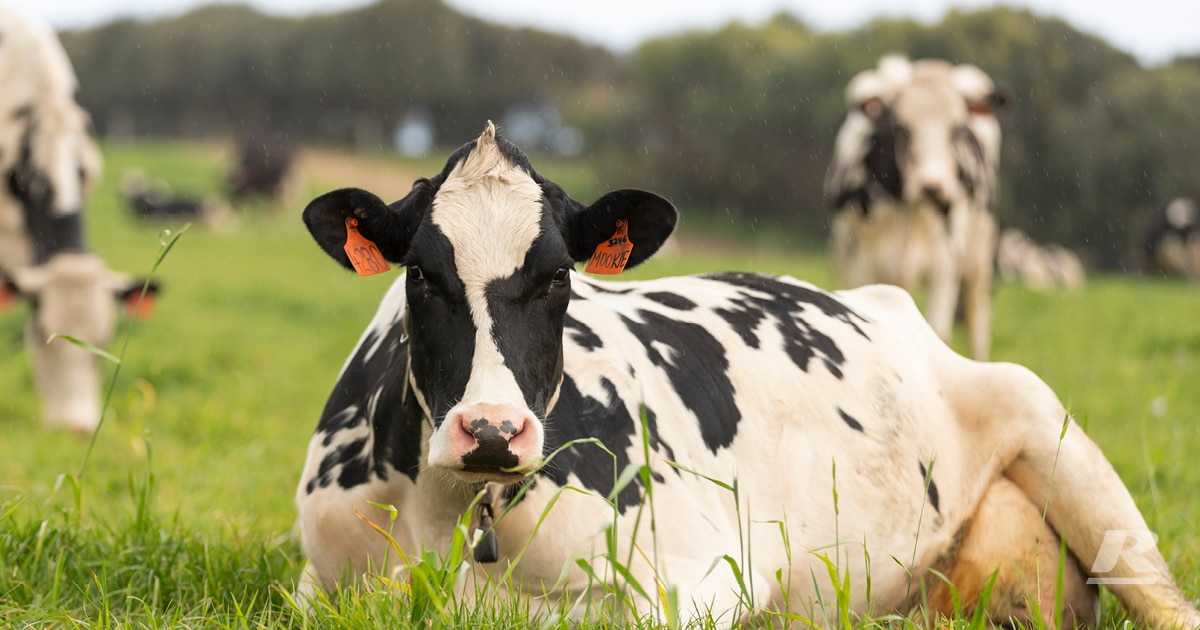The Importance of Protein in Dairy Cow Nutrition
In the realm of dairy cow nutrition, proteins play a crucial role in supporting various metabolic functions essential for growth, lactation, and reproduction. Understanding the significance of protein in the diet of dairy cows is vital for ensuring optimal health and productivity in dairy farming practices.
Crude Protein: The Foundation of Dairy Cow Nutrition
Definition of Crude Protein
Proteins in dairy cow feed are commonly quantified as crude protein (CP), a metric derived from the nitrogen content present in the feed. The calculation of crude protein is based on the fact that protein comprises approximately 16% nitrogen, leading to the use of a conversion factor of 6.25 to estimate the protein content.
Factors Influencing Crude Protein Requirements
The amount of crude protein required by a dairy cow is influenced by various factors, including the stage of lactation, milk production levels, the cow’s energy status, and feed quality, amino acid composition of the diet, ambient temperature, and the cow’s activity level. These factors collectively determine the optimal protein intake necessary for the cow’s overall well-being.
Understanding Crude Protein Requirements
Impact of Dietary Protein in Pasture-Based Systems
In pasture-based dairy farming systems, dietary protein typically does not serve as a limiting factor for milk production. However, exceptions arise in scenarios where high levels of low-protein supplements, such as barley, fodder beet, or maize silage, are introduced into the cow’s diet. Additionally, during dry summers when the protein content of pasture diminishes, the supplementation of low-protein feeds becomes crucial to meet the cow’s protein requirements.
Components of Crude Protein
Crude protein encompasses various components, including true proteins comprising nitrogen and amino acids. These proteins can be further categorized into rumen degradable proteins (RDP), which consist of soluble proteins, and degradable dietary proteins (UDP). Moreover, crude protein also contains non-protein nitrogen (NPN) and indigestible dietary protein, all of which contribute to the overall protein intake of dairy cows.
Metabolic Aspects of Protein Utilization in Dairy Cows
Protein Utilization and Recycling in Dairy Cows
Unlike single-stomached mammals, dairy cows cannot store protein reserves and thus rely on a continuous dietary supply of protein. However, dairy cows possess the unique ability to utilize non-protein nitrogen (NPN) sources, such as urea, to synthesize amino acids and generate microbial protein. This metabolic adaptation enables dairy cows to efficiently utilize dietary nitrogen for protein synthesis.
Nitrogen Recycling in Ruminants
Ruminants, including dairy cows, exhibit a remarkable capacity to recycle nitrogen within their digestive system. In instances where the cow’s protein requirements exceed the available protein supply, substantial amounts of nitrogen can be recycled back to the rumen for utilization by rumen microbes. This nitrogen recycling mechanism distinguishes ruminants from non-ruminant animals, where nitrogen losses are predominantly excreted in the urine.
In conclusion, the role of protein in dairy cow nutrition is indispensable for supporting vital metabolic functions and ensuring optimal productivity in dairy farming operations. By comprehending the nuances of crude protein requirements, dietary protein sources, and nitrogen utilization in dairy cows, farmers can effectively formulate balanced diets that meet the protein needs of their dairy herds. Prioritising protein nutrition is key to enhancing the health, performance, and overall well-being of dairy cows in modern agricultural practices.
For tailored guidance on enhancing your herd’s nutrition and management practices, turn to the specialists at Reid Stockfeeds. We’re dedicated to empowering you with expert advice to support the health and performance of your cows. Contact us today to discover our extensive selection of high-quality feed options and explore customised solutions designed to meet your farm’s unique needs. Call 1300 REID FEED or enquire here >
Author
Cameron Shaw
Business Manager – Ruminant Bulk
